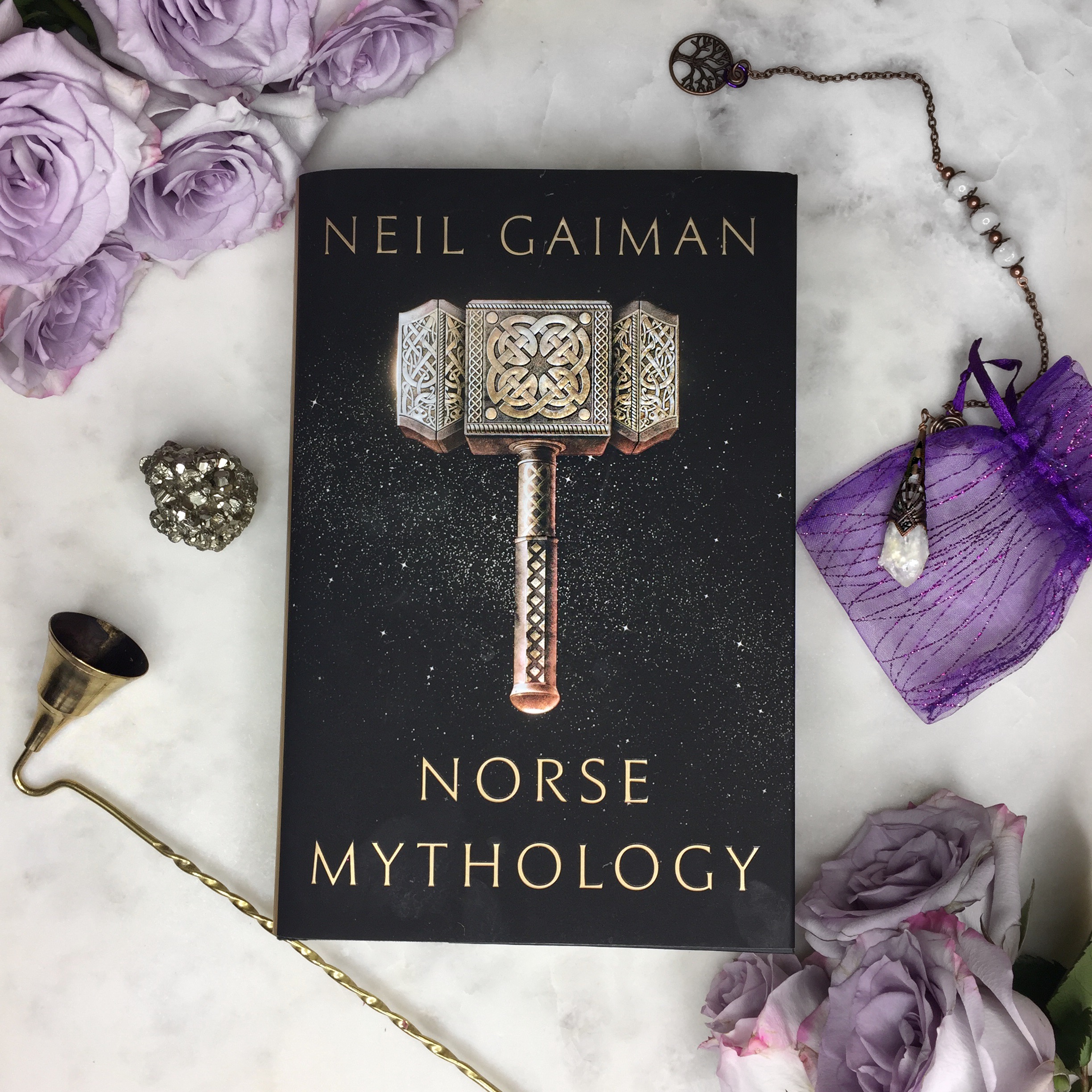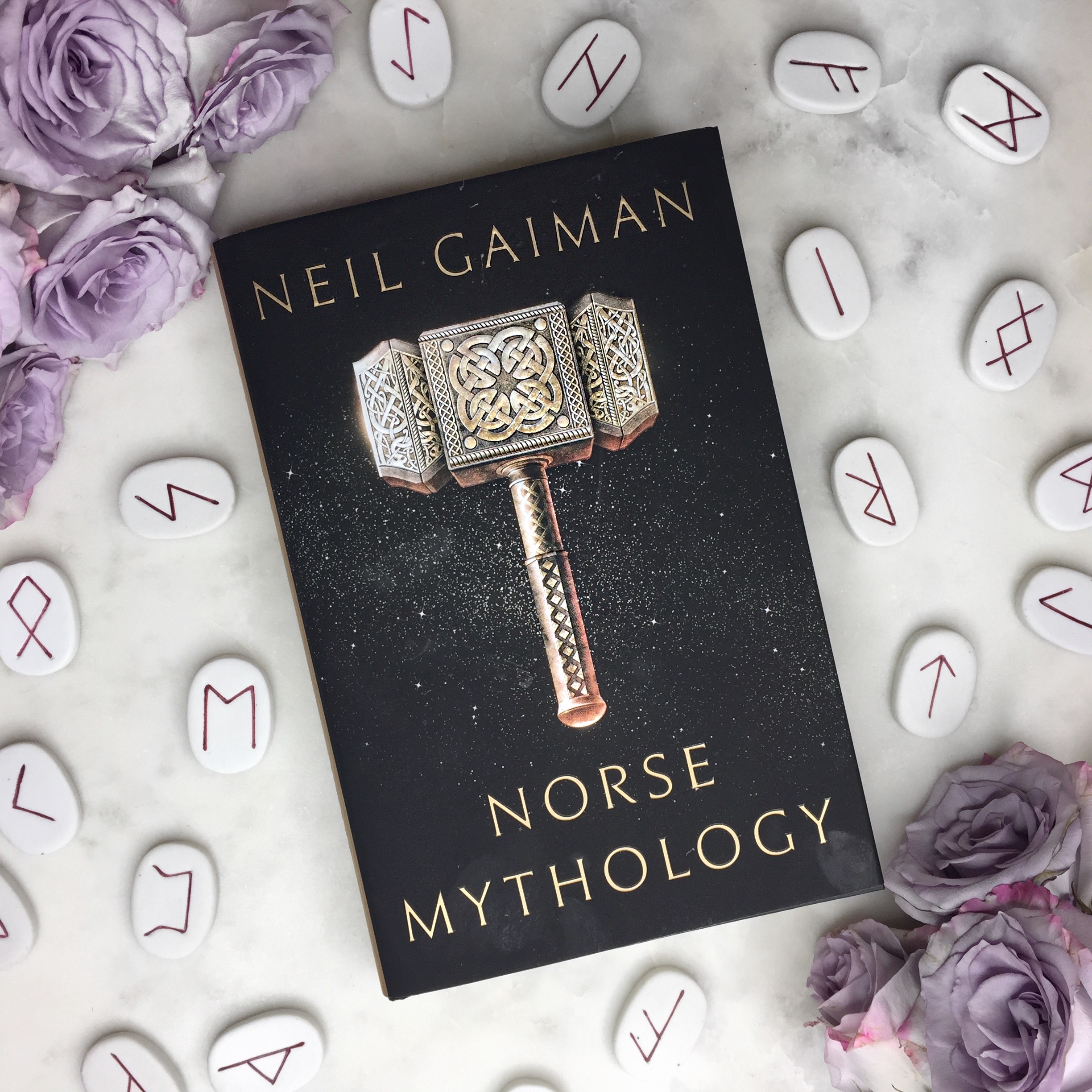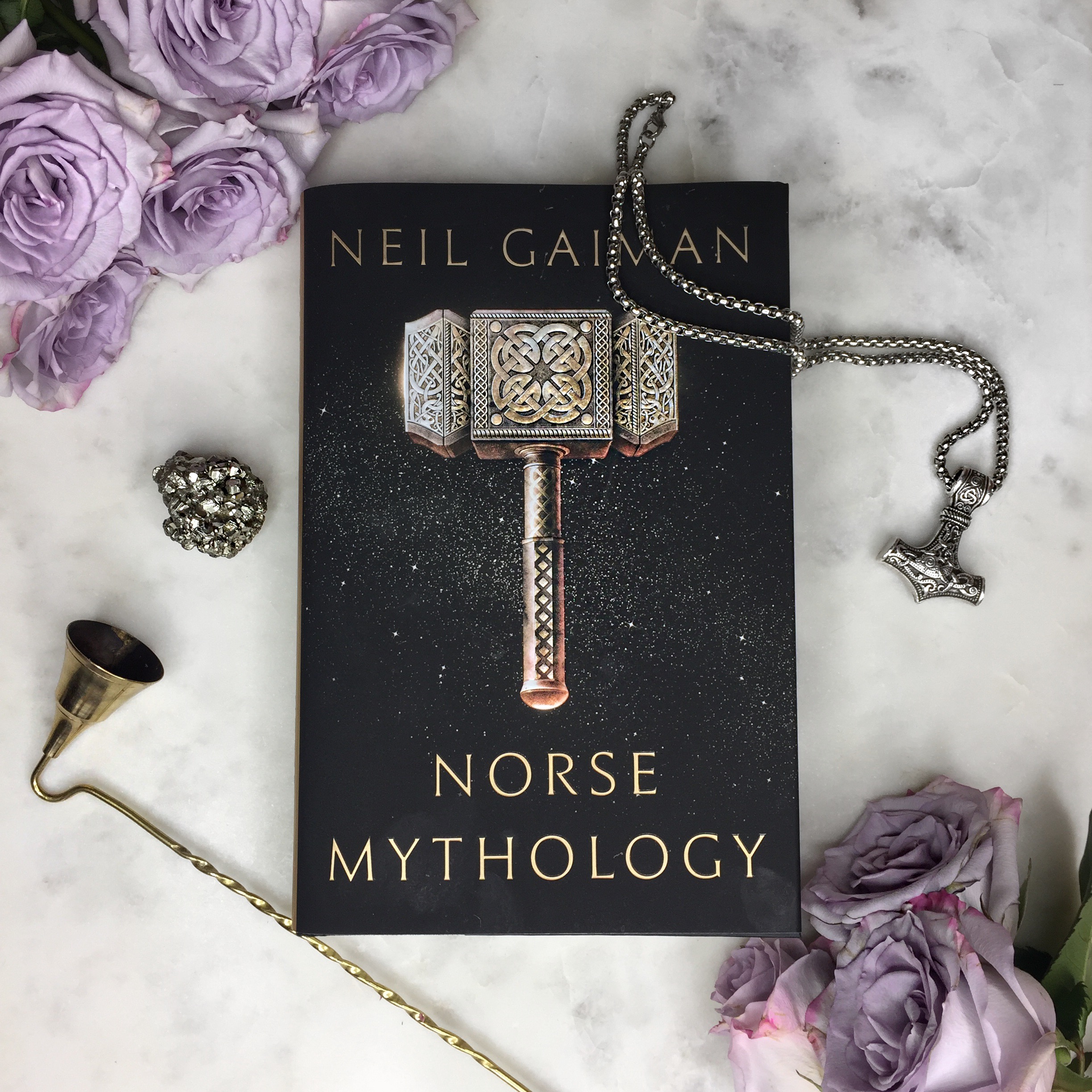Climbing the Branches of Yggdrasil
A Review and Reflection of Norse Mythology by Neil Gaiman
We are all brought up with the classical myths of Ancient Greece and Rome. We can recall their stories, visualize the characters, and visit their ancient temples and sites. By comparison, the Norse myths seem shrouded in mystery and misunderstandings. They somehow feel more foreign, more ancient, and more inaccessible. With Norse Mythology, Neil Gaiman takes us in hand and guides us through these powerful tales. He does so with a narrative prose that makes these myths feel familiar and relatable. Relying upon the Poetic Edda and it’s various translations, Gaiman weaves a collection of tales that introduce us to these larger than life figures and the many worlds they inhabit.
Many of us are already acquainted with the mighty Thor. A generation of children, including Gaiman himself, eagerly followed the adventures of Thor as a superhero through his comic book series. Despite the comic's mythological and historical inaccuracies, it helped bring the world of Asgard and its divine inhabitants to life. The recent Thor movies additionally help contribute to widening the audience for this mythology.
The comics and movies, however, provide only a sliver of light onto the vast world of Norse mythology. Gaiman is on a quest to deepen our understanding and as he guides us through Yggdrasil and it’s nine distinctive worlds, one begins to understand the complexity and richness of this web of gods, goddess, frost giants, elves, and dwarves.
Gaiman gives the Gods and Goddesses personality and thus brings them to life. As I read through these tales I found myself joyfully laughing at Thor’s wild antics and smiling at Loki’s cleverness. I felt concern when lovely Freja was about to be wed to an ugly giant and I felt triumph when Thor recovers his stolen Mjölnir. These stories sometimes balance on the absurd. You will read of Loki giving birth to a giant horse, Thor dressing as a bride to disguise a thieving giant, and Odin transforming into a Snake in order to sip the mead of poetry. Instead of being jarring, these moments become believable through Gaiman’s brilliant storytelling.
The tales go beyond the humorous and absurd. They are touching, imaginative, and contain themes that translate into our present day. Loki gains complexity with each tale as his intelligence is both admired and vilified by the other Gods. As a half giant, Loki represents the ultimate outsider. He’s not even supposed to be in Asgard with the others and no one knows how he ascended to their realm. He vacillates between being an agent of chaos and risking his life and dignity to assist those who may never truly accept him. Loki is a villain we can all see within ourselves and thus we too can both admire and scorn his actions.
Watching over these realms is the All-Father, Odin. Odin gave his eye for wisdom and hung himself from the world-tree, Yggdrasil, for knowledge of the runes. Odin understands that knowledge is power and has sacrificed himself many times over to achieve it. His thirst for knowledge is insatiable, and he even enters our world dressed in disguise to see things from our point of view. Odin sends his two ravens, Huginn and Muninn (‘thought' and ‘memory’) to travel the realms far and wide so that they might bring him new knowledge and perspective. It is honorable that the leader of the Norse Gods should have such respect for knowledge and understanding. With each story Odin becomes more mysterious, more complex, and more worthy of our admiration.
Many question why mythology is important and if it still holds value in our modern tech-focused society. I exclaim a resounding ‘YES’ to such questions. We humans are storytellers. The stories we tell define our culture and bring us together in common knowledge. The great myths of the old Gods reference a world we could only dream of, yet their wisdom gives us guidance and comfort. These ‘tall-tales’ illuminate our imagination and kindle our compassion. Such stories are worth preserving and sharing among generations yet to come. With Norse Mythology, Neil Gaiman helps these deities maintain their immortality and refreshes their stories for a new collective of storytellers, big-thinkers, and adventurers.






